Ensuring UK Compliance: Best Practices for Translating Drug Safety Reports
Translation services play a pivotal role in ensuring compliance with Drug Safety Reports (DSRs) in the UK, where stringent regulations safeguard public health. Accurate and precise translations are crucial to avoid legal issues, product recalls, and…….
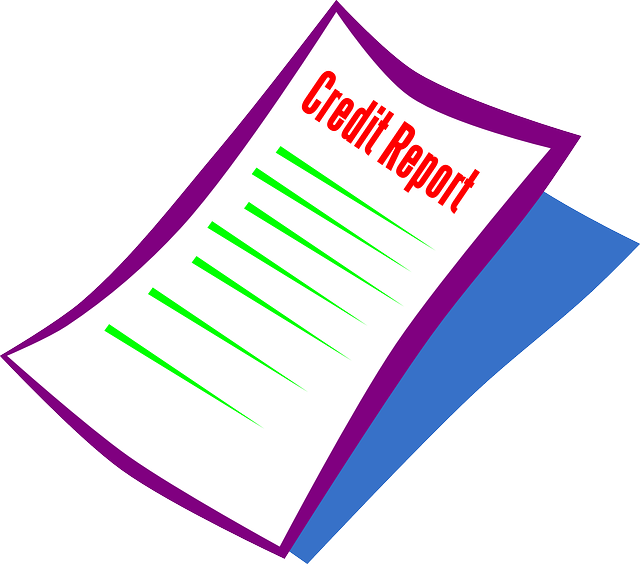
Translation services play a pivotal role in ensuring compliance with Drug Safety Reports (DSRs) in the UK, where stringent regulations safeguard public health. Accurate and precise translations are crucial to avoid legal issues, product recalls, and reputational damage. Reputable LSPs specializing in DSRs UK must adhere to MHRA standards, implement robust QA processes, and use terminological glossaries for consistent terminology. Integrating machine translation with human expertise enhances efficiency while preserving accuracy and cultural sensitivity. The future of these services focuses on advanced MT technology, enhanced consistency, and adherence to evolving UK regulations post-Brexit.
Are your translated safety reports meeting UK regulations? In today’s globalized pharmaceutical landscape, ensuring compliance with local guidelines is paramount. This article explores the intricacies of translating drug safety reports to meet UK standards, focusing on key considerations and best practices. From understanding regulatory requirements to leveraging technology, we delve into strategies for accurate translations that maintain consistency and adherence to legal mandates. Discover how translation services can play a pivotal role in facilitating compliance for multinational pharmaceutical companies operating within the UK market.
- Understanding UK Regulations for Drug Safety Reports
- The Role of Translation Services in Compliance
- Key Elements of a UK-Compliant Safety Report
- Challenges in Translating Safety Documentation
- Ensuring Accurate and Consistent Translations
- Best Practices for Language Service Providers
- Case Studies: Successful UK Compliance Through Translation
- Technology's Impact on Translating Drug Safety Reports
- Quality Assurance Checks for Translated Documents
- Future Trends in UK-Compliant Translation Services
Understanding UK Regulations for Drug Safety Reports
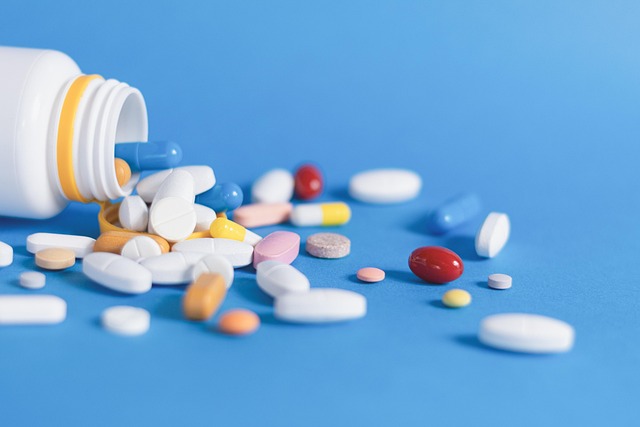
When it comes to drug safety reports, understanding and adhering to UK regulations is paramount. The United Kingdom has strict guidelines and standards for reporting drug safety information, which are designed to protect public health and ensure the safe use of pharmaceuticals. These regulations cover various aspects, including data accuracy, report format, and specific requirements for translating safety documents.
Translation services play a crucial role in ensuring UK-compliance for Drug Safety Reports. Professional translators with expertise in pharmaceutical terminology must handle these documents to maintain precision and integrity. They bridge the language gap, enabling companies to submit reports that meet UK Health Authority standards. This is particularly important for multinational pharmaceutical firms operating within the UK market, as it guarantees their safety data is effective and regulated according to local guidelines.
The Role of Translation Services in Compliance

In today’s globalised pharmaceutical landscape, translation services play a pivotal role in ensuring the compliance of drug safety reports. When it comes to the UK market, accuracy and precision are paramount. Translation services for Drug Safety Reports UK must not only convey the meaning but also adhere strictly to regulatory requirements set by bodies like the Medicines and Healthcare products Regulatory Agency (MHRA). The implications of non-compliance can be severe, including product recalls, legal repercussions, and damage to a company’s reputation.
Therefore, choosing reputable translation services that understand the nuances of UK regulations is crucial. Professional translators with expertise in pharmacovigilance and regulatory affairs are essential to navigate the complex language and terminology specific to drug safety reporting. They ensure that translated documents accurately reflect the original data while meeting all necessary legal and industry standards.
Key Elements of a UK-Compliant Safety Report
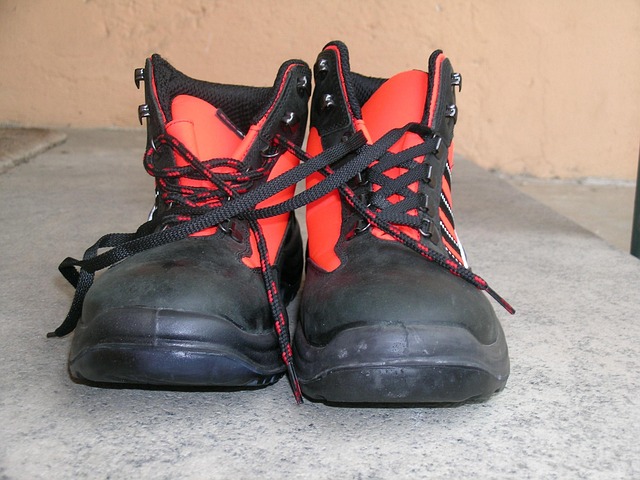
When translating safety reports for drug trials conducted in the UK, it’s paramount to ensure compliance with local regulations. A UK-compliant safety report should encompass several key elements. Firstly, it must adhere to the guidelines set by the Medicines and Healthcare products Regulatory Agency (MHRA), which oversees the approval and monitoring of drugs in the country. This includes detailed information on the study design, methods, results, and any adverse events or reactions observed during clinical trials.
Secondly, the report should be meticulously translated, preserving the scientific integrity and accuracy of the data. Translation services for drug safety reports UK require specialists who not only understand medical terminology but also have expertise in regulatory affairs. They must ensure that all technical terms are accurately rendered into English, as discrepancies could lead to non-compliance and potential legal issues.
Challenges in Translating Safety Documentation

Translating safety documentation, especially for complex fields like drug safety reports, comes with its unique set of challenges. When it comes to ensuring UK compliance, these challenges multiply due to the stringent regulations and specific terminology used within the industry. A key hurdle is maintaining technical accuracy while capturing nuanced meanings across languages, as safety protocols often rely on precise scientific and medical terminology.
Another challenge lies in understanding cultural differences and their impact on health and safety practices. What might be a standard procedure in one country could require a different approach or communication strategy in another, emphasizing the need for translators who are not just linguistically competent but also culturally sensitive. For instance, translation services for Drug Safety Reports UK should factor in the unique regulatory landscape of the UK, ensuring compliance with guidelines set by bodies like the Medicines and Healthcare products Regulatory Agency (MHRA).
Ensuring Accurate and Consistent Translations
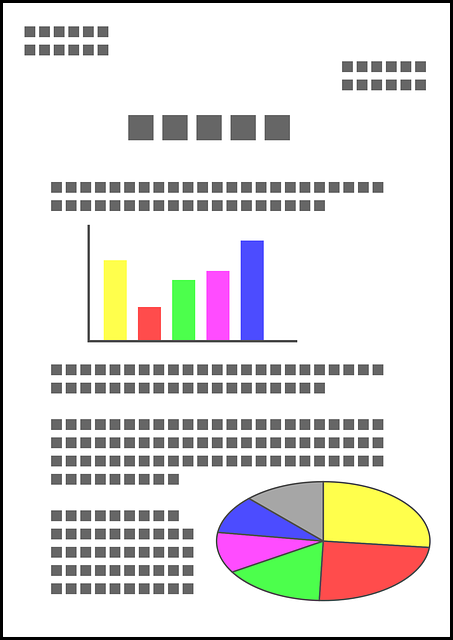
When it comes to drug safety reports, precision is paramount. Ensuring accurate and consistent translations is essential to maintain the integrity of critical information. The last thing you want is for a vital detail to be lost in translation, leading to non-compliance with UK regulations.
Choosing reliable translation services for Drug Safety Reports UK is key to achieving this. Professional translators with expertise in pharmaceutical terminology can capture the precise meaning and context, avoiding misinterpretations that could have severe consequences. This involves not just word-for-word translation but understanding the regulatory landscape and adhering to industry best practices.
Best Practices for Language Service Providers
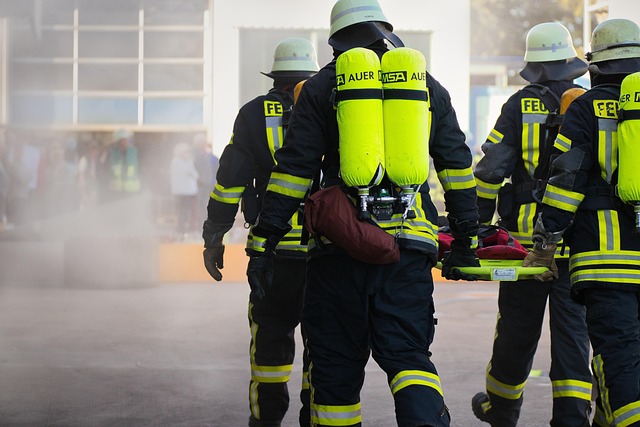
When providing translation services for Drug Safety Reports UK, Language Service Providers (LSPs) must adhere to stringent best practices to ensure compliance and accuracy. These include a thorough understanding of regulatory requirements specific to the UK market, such as those set by the Medicines and Healthcare products Regulatory Agency (MHRA). LSPs should implement rigorous quality assurance processes, including proofreading, editing, and desk verification, to catch any potential errors or discrepancies in the translated document.
Moreover, maintaining consistency across translations is paramount. This involves using approved terminologies and glossaries specific to pharmacovigilance and drug safety reporting to ensure clear and precise communication. LSPs should also foster a culture of collaboration with subject matter experts (SMEs) who can provide insights into the technical and regulatory nuances of drug safety reports, enhancing the overall quality and compliance of translations.
Case Studies: Successful UK Compliance Through Translation

Many pharmaceutical companies have successfully navigated the complex landscape of drug safety reporting compliance in the UK with the help of professional translation services. These case studies demonstrate how accurate and culturally sensitive translations can ensure that critical safety data is conveyed effectively to regulators and healthcare professionals.
By engaging reputable translators with deep knowledge of both medical terminology and UK-specific regulatory requirements, companies have ensured their translated drug safety reports meet all necessary standards. This not only enhances communication clarity but also minimizes the risk of misinterpretation or non-compliance, ultimately facilitating faster review processes and smoother market access for their products.
Technology's Impact on Translating Drug Safety Reports

In today’s digital era, technology has revolutionized the way drug safety reports are translated and handled, especially when it comes to ensuring UK compliance. Advanced machine translation (MT) tools have emerged as a game-changer, enabling efficient and accurate reporting across languages. These technologies can quickly process vast amounts of data, making them ideal for handling complex medical terminology and ensuring consistency in translations.
However, while technology offers speed and efficiency, it’s crucial to remember that human expertise remains indispensable. Professional translation services for Drug Safety Reports UK often involve a combination of MT and human review, ensuring not only precision but also cultural sensitivity and legal compliance. Human translators can catch nuances, localise terminology, and adapt the report to fit UK regulations, thereby guaranteeing a high-quality, reliable translation.
Quality Assurance Checks for Translated Documents

When relying on translation services for Drug Safety Reports UK, it’s crucial to implement robust Quality Assurance (QA) checks. These checks are vital to ensuring that translated documents maintain their accuracy and comply with UK regulations, especially within the stringent pharmaceutical industry. Many translation service providers employ a multi-step QA process. This typically involves proofreading by expert linguists who double-check for grammatical errors, consistency in terminology, and cultural adaptation.
Additionally, some firms utilize specialized software to detect potential issues, such as formatting problems or discrepancies in content flow. These advanced measures help guarantee that the final translated report meets not only linguistic standards but also regulatory requirements. The result is a seamless document that effectively communicates critical safety information while adhering to UK guidelines for drug safety reporting.
Future Trends in UK-Compliant Translation Services
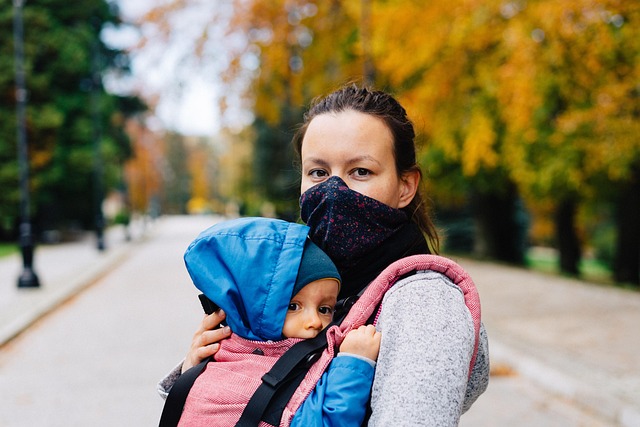
The future of translation services for Drug Safety Reports (DSRs) in the UK looks set to be shaped by several key trends. One prominent development is the increasing adoption of machine translation (MT) technology, which promises to enhance efficiency and reduce costs. Advanced MT engines can now handle complex medical terminology, ensuring more accurate and faster translations. This shift towards automation will undoubtedly impact how DSRs are localized, making processes more streamlined for pharmaceutical companies operating across Europe.
Moreover, there is a growing emphasis on consistency and quality assurance in UK-compliant translation services. As regulatory standards evolve, so does the need for rigorous verification processes to maintain accuracy. Translation service providers are investing in advanced tools and training to deliver consistent, high-quality results that meet the stringent requirements of the pharmaceutical industry. This focus on precision and adherence to guidelines will be vital as the UK continues to shape post-Brexit regulations, ensuring that translated DSRs remain compliant with local standards.
Ensuring your drug safety reports are UK-compliant through meticulous translation services is paramount in today’s global pharmaceutical landscape. By understanding complex regulations and leveraging advanced technologies, translation providers can deliver precise, consistent documents that meet stringent legal standards. Adhering to best practices, including comprehensive quality assurance checks, guarantees the integrity of translated safety reports, fostering regulatory compliance and public trust. As the industry evolves, continued innovation in UK-compliant translation services will be essential for global pharmaceutical companies aiming to navigate this complex regulatory environment effectively.






